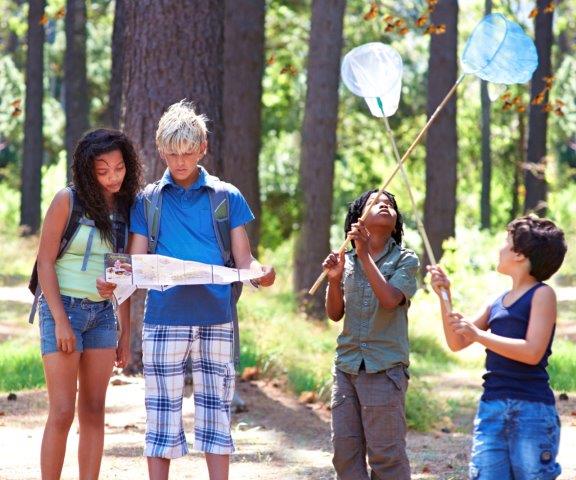
Children who feel connected to nature achieve better results in their Key Stage 2 SAT tests than those who do not, new research has found.
For the research, commissioned by RSPB, psychologists from the University of Derby questioned 775 pupils from 15 primary schools. They asked a number of questions, intending to establish how much of a connection the children felt with nature.
The report looked at the Connected to Nature Index (CNI) which was devised by Cheng & Monroe in 2012 and which was validated as reliable and accurate with Year 6 children aged 10-11 years. This measure was previously field tested and chosen by the RSPB and University of Essex as a robust and practical measure of connection to nature in children aged 8- 12 years (Bragg et al., 2013). The scale consists of 16 items that measure four dimensions or sub-scales: i) enjoyment of nature; ii) empathy for creatures; iii) sense of oneness and iv) sense of responsibility. Children’s responses to the items can range from strongly agree to strongly disagree on a 5-point Likert scale. The mean score of the items is used to represent CNI.
The analysis found strong correlations between CNI and pro-nature behaviours and pro-environmental behavior, perhaps not surprisingly. A positive correlation was also evident between CNI and days spent outdoors and days spent in nature over the past week, suggesting that the more time spent in nature is associated with child’s connection to nature. Finally, weak correlations were found between connection to nature, health and life satisfaction.
Educational attainment in English improved in students with a higher CNI index by up to 4%, although there was little improvement in Maths attainment.



